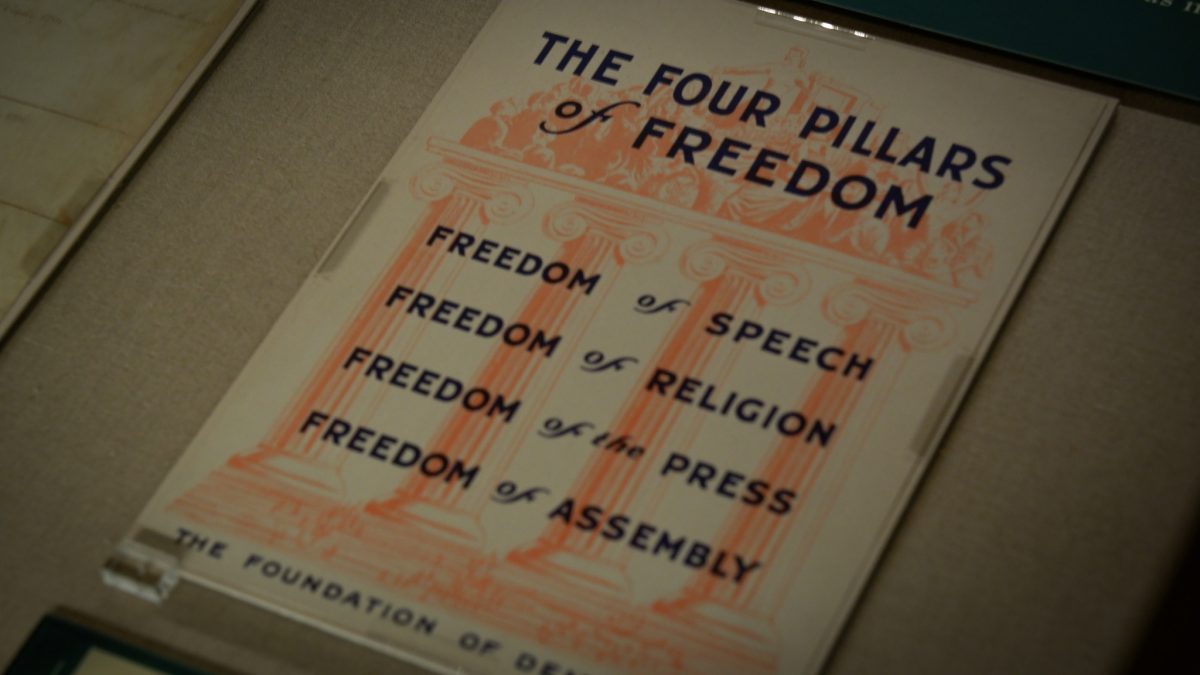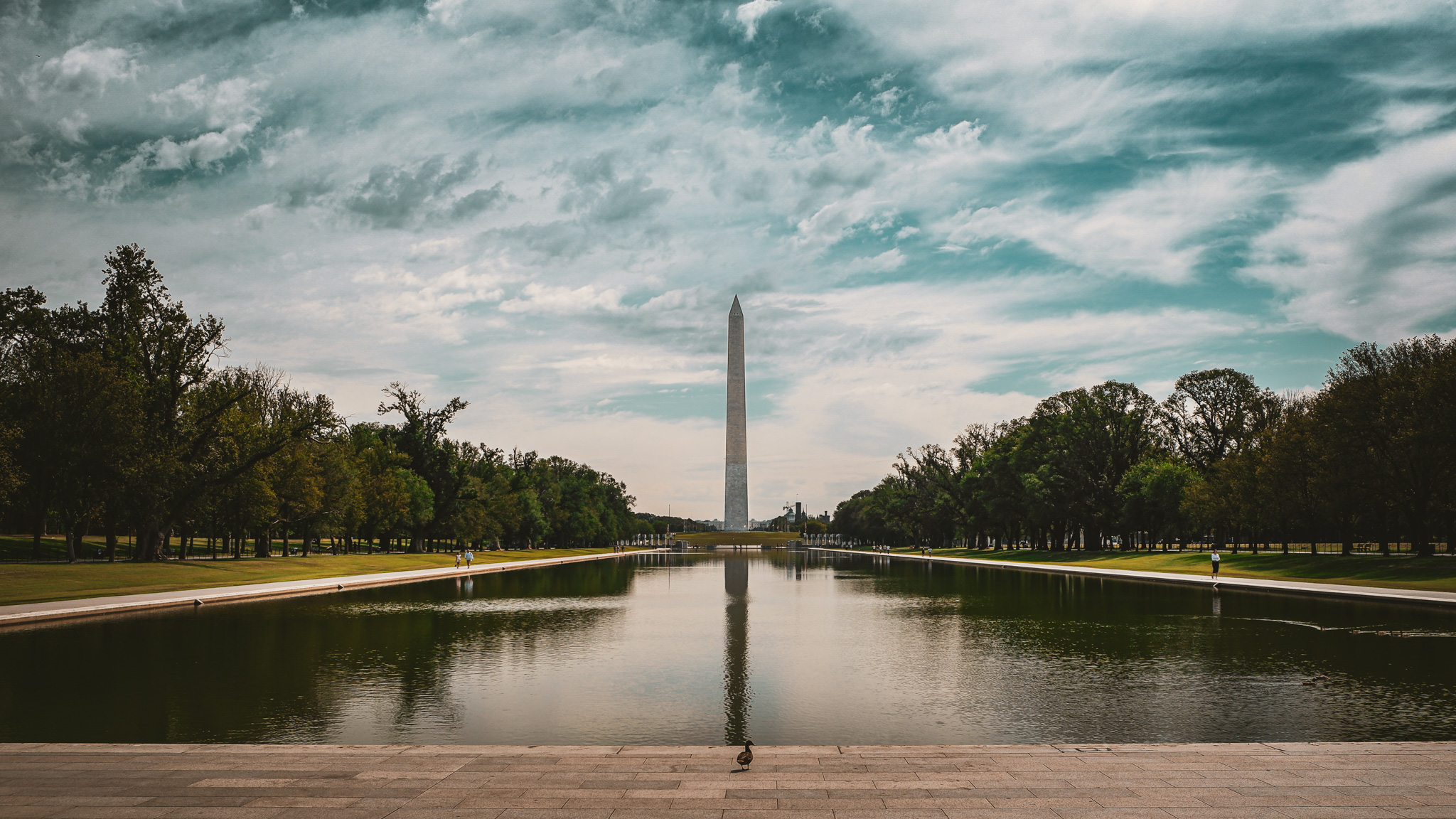In February 2025, White House Press Secretary Karoline Leavitt announced a historic change: the White House, not the White House Correspondents’ Association (WHCA), would now decide which outlets get press pool access to the president. This blindsided WHCA leadership and marked a dramatic break from a century-old tradition of journalist-led oversight.
Leavitt framed the move as a “democratization of access,” promising to include “well-deserving outlets who have never been allowed to share in this awesome responsibility.” Legacy media, she assured, would remain in rotation.
Legacy Media’s Response: Mixed Signals
Reactions split. Fox News’ Jacqui Heinrich argued that the shift doesn’t “give power back to the people” but instead consolidates control in the hands of the White House; raising fears of political gatekeeping.
The Associated Press (AP), which was temporarily banned from events after refusing to adopt the White House’s preferred terminology (“Gulf of America”), became a flashpoint. WHCA defended AP loudly, calling the exclusion a violation of press freedom. Statements were issued. Media rallied. The controversy made national headlines.
But here’s the hypocrisy: when smaller outlets face exclusion from the same system, WHCA’s defense evaporates. No press releases. No outrage. Just silence.
What This Reveals
- Legacy outlets are protected. When AP was sidelined, WHCA roared.
- Independents are ignored. When smaller outlets are excluded, even under similar conditions, WHCA whispers nothing.
- The White House is redefining legitimacy. By choosing who gets access, the administration reshapes the press corps to favor compliant or aligned voices while keeping legacy media close enough to maintain appearances.
This isn’t just a turf war. It’s a battle over who gets to define journalism in the nation’s most powerful room.

The “Club” Mentality in Washington Journalism
President Donald Trump repeatedly accused WHCA and legacy media of operating like an exclusive club, one that protects insiders, rewards loyalty, and marginalizes dissenting voices. His rhetoric was often inflammatory, but the structure he pointed to does exist:
- Credentialing is opaque. Smaller outlets struggle for access, even when they meet the formal requirements.
- Pool rotations favor legacy media. Major networks and wire services dominate duty; independents rarely get called.
- Gatekeeping is informal but powerful. Being “in” means getting the pool reports, the invites, the nods. Being “out” means silence, even if you’re technically a member.
Trump’s administration didn’t just call this out, it acted on it. In 2025, the White House seized control of the press pool, claiming WHCA had become a “monopoly of D.C. journalists” who no longer reflected the diversity of American media. Leavitt promised to “give power back to the people” by including outlets that had never been allowed to participate.
The Irony of the Critique
Here’s the twist: Trump’s critique of elitism was valid, but his solution was deeply flawed. Instead of expanding access based on merit, his administration often granted it based on loyalty or alignment. That wasn’t democratization of press access, it was politicization.
Still, the underlying point stands: the WHCA has long operated as a gatekeeper, and its silence when independent journalists are excluded, compared to its loud defense of legacy outlets like AP, proves that elitism is baked into the system.
Why It Matters
When pool duties and responsibilities are withheld from independents, while the WHCA uses them to fill their quotas, the public loses. If only legacy media or politically aligned outlets get real-time access, the press is no longer serving all Americans, it is serving power.
Independent journalism matters precisely because it won’t stay quiet. It answers to readers, not institutions. It documents power even when it’s inconvenient.
Until both WHCA and the White House stop using press access as a weapon, the question isn’t whether the press is free, it’s who it’s free for.





